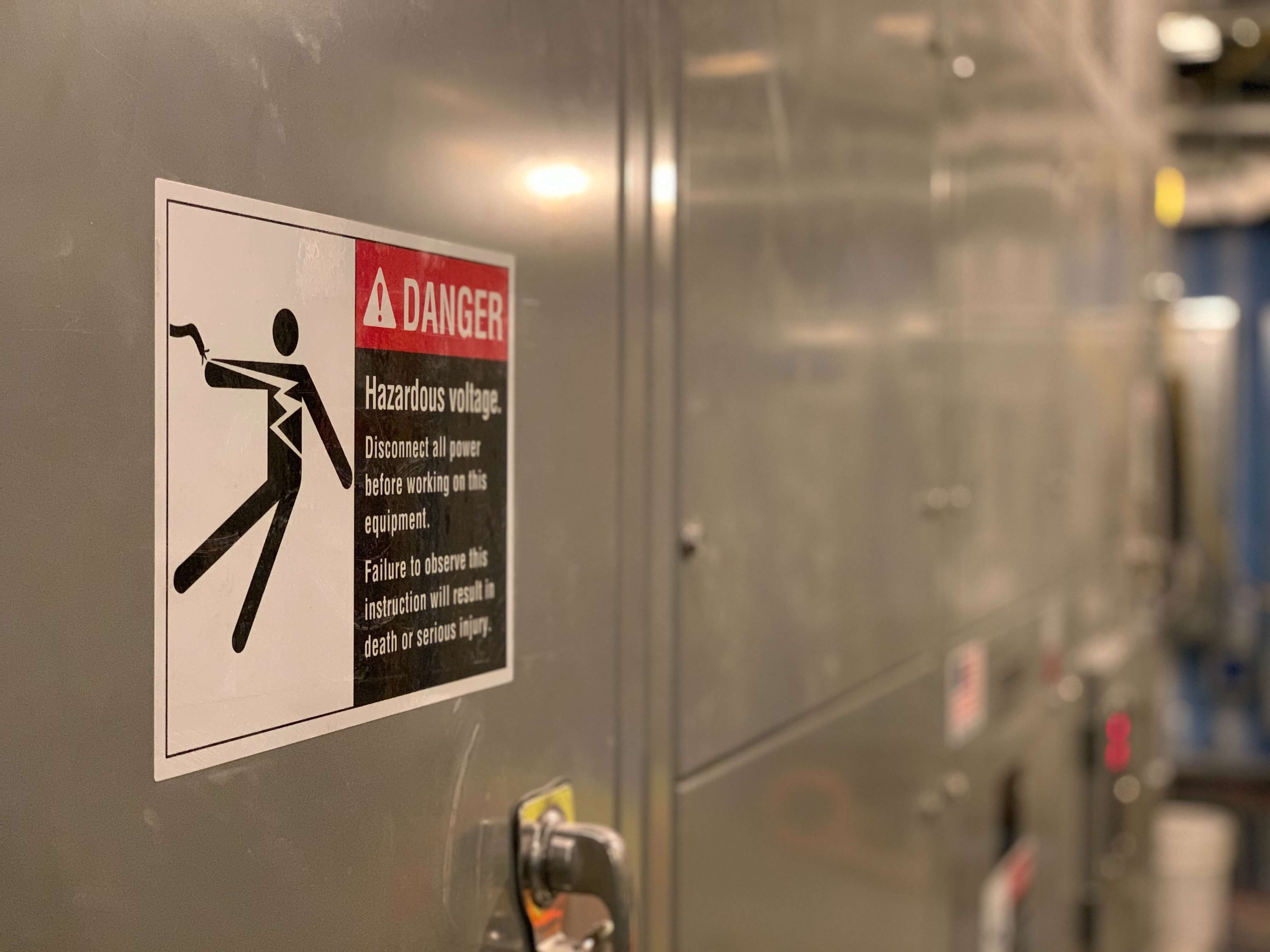No matter what your workplace is, you must ensure that you have an emergency response plan in place. This will let all your staff members know what it is they need to do if and when an emergency occurs.
What is an emergency response plan?
An emergency plan is your business's researched and planned procedure that tells your employees, and any relevant visitors and contractors, what it is they should do in the case of an incident. This is designed to help reduce injuries and ensure that business operations aren’t impacted significantly.
How to put together an emergency response plan
You can’t plan for every individual emergency, but there are a few steps that you can take to ensure that your team are ready incase something does happen. We’ve put a few of them together to help you.
Assess and identify your safety risks
Before you start to look at your emergency response plans, you need to identify what risks present in your workplace are. You can identify these through a hazard or risk assessment, this should also include your existing and potential risks.
Communication
In the event of an emergency you should ensure that your employees, and other relevant persons on site, are communicated to effectively, this will help you react and send help quickly. Within your plan you should establish who should be directing who, and how the communication will happen (whether that be over the phone, a comms system, group message, etc)
Your communication plan will allow everyone within your business to be notified and given instructions promptly after an incident takes place.
Highlight any potential emergencies
While you are putting your emergency response plan together you should ensure that you highlight any potential emergencies that could appear in your workplace. You can start by looking into the company's historical incidents and records.
Training and Exercises
Once you’ve put together your emergency response plan, you should ensure that your team has read and understood what the procedure is and their part within it.
You can do this by regularly carrying out training sessions and drills. This will help you to identify where the gaps in your team's understanding is and allow you to provide better training in these areas.
Fire Emergency Response Planning
As part of your emergency response planning, you should include a fire evacuation procedure for your staff and any relevant persons to follow in the event of a fire. Here are some key points which may suit your premises:
- Raise the alarm. Employees must become familiar with the process they must follow when they discover a fire. This will help your business to limit the delays in responses and minimise damage. Employees must raise the alarm as soon as they become aware of a fire.
- Calling the fire service. When the alarm is raised, the fire services must be called immediately, this must be allocated to a designated person(s).
- Stop any machinery and isolate power supplies if safe to do so. This must be carried out by the designated people.
- Evacuate the premises. Everyone on the premises MUST be able to escape from danger. Team members who don’t have any specific duties must start to leave the building as soon as the alarm is sounded - unless they have been given other instructions.
- Assembly points. Your assembly points are vital safe places and are preferably under cover away from the building. These must be predetermined and the team be made aware of their locations.
- Roll Call. One person from each department must be given the duty of maintaining the roll, so that a quick check can be made. This could be the head of the team, department head or team leader.
- Responsibilities in the event of a fire. Selected employees must be nominated to carry out specific tests in the event of a fire, including:
- Acting as floor marshals.
- Ensuring the security of the building is maintained.
- Ensuring that disabled people receive the assistance they require.
Get expert help
Croner has a team of award-winning HR consultants who are specialists in their field. We've been helping businesses for over 80 years and our advice line is open 365 days a year, 24 hours a day.
If you need support in emergency response planning or help in putting together a system get in touch with one of our experts today at 0800 470 2805.
Related resources
Categories
- Business Advice
- Culture & Performance
- Disciplinary & Grievances
- Dismissals & Conduct
- Employee Conduct
- Employment Contracts and Documentation
- Employment Law
- Employment Rights Bill
- End of Contract
- Equality & Discrimination
- Health & Safety
- Hiring and Managing
- Leave & Absence
- Managing Health & Safety
- Moving
- Occupational Health
- Pay & Benefits
- Recruitment
- Risk & Welfare



